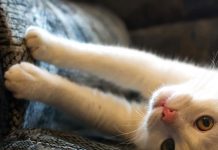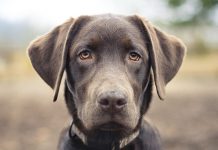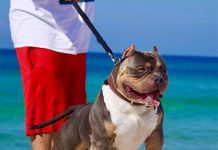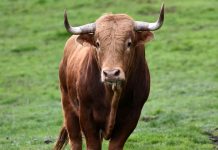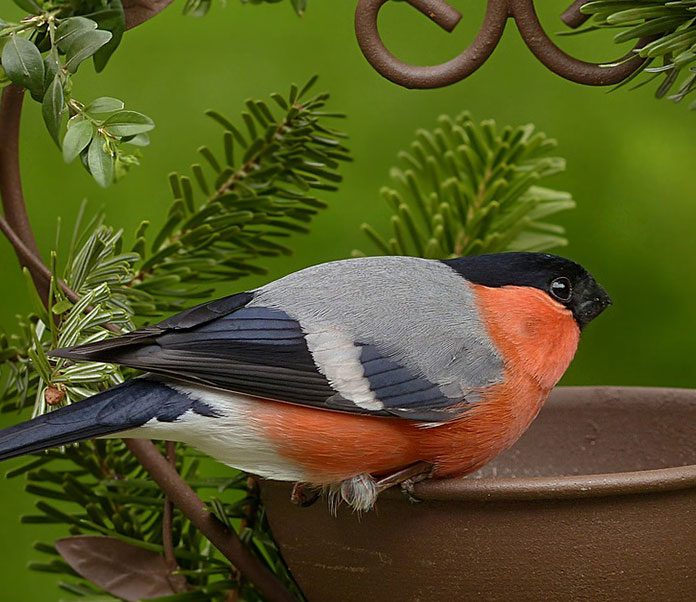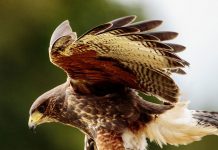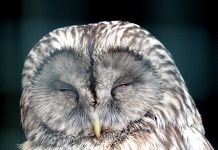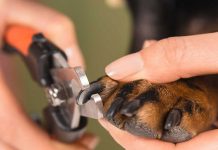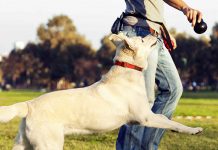It may not seem like a common problem, but obesity in pet birds can really take a toll of your pet’s health. In reality, many pet birds are obese.
When your pet bird is obese, he or she is at risk for a number of medical conditions and may be more susceptible to diseases. If your pet bird is obese, it is important to talk to your vet about how to help your bird lose weight and begin to maintain a healthy body weight instead.
The first step to treating obesity is, of course, determining if your pet bird has a problem. Each pet bird species has a different target weight—you wouldn’t expect a macaw to weight the same as a lovebird! There’s also a range for bird weight, just like humans. Birds are typically weighed in grams, and this can be done at home if your bird is well trained or your bird can be weighed at the vet’s office. Either way, your vet should be able to tell you if your pet bird is of the right weight.
You can also look for signs of obesity in appearance. Like humans, birds can get a double chin, which is basically a roll of fat under the beak. Fat also causes the feathers to fall out, so bald patches indicate large deposits of fat. You should also be able to see depots of fat on your bird when handling him or her, and so you should look for yellow or white deposits under the skin, especially around the thighs and upper breast.
If your bird is obese, it could be because your bird is not getting enough exercise or is eating a diet that is high in fat. This is really a possibility if your bird is fed human foods, which are very inappropriate. You can help your bird with the obesity problem by stopped this kind of feeding, and you can add toys to the cage and play with your bird often to help him or her be more active.
You vet can also help you help your bird get back to a normal weight. Certain medications are possible if you bird is developing other health problems due to obesity. Low-fat diet food is also available for your bird. When you care about your bird’s health, you give him or her the best care possible. Talk to your vet about ways to keep your bird from getting obese and prevent disease.
